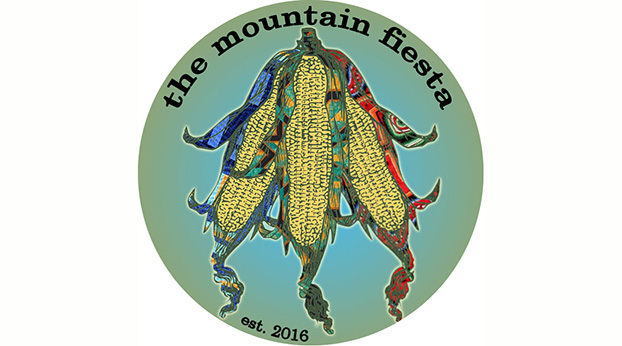Origins of May Day
Published 10:59 am Tuesday, May 1, 2018
We’ve all heard the distress call of “Mayday!” in popular entertainment. The call is used primarily for aircraft and ships as an S.O.S. distress call. Yet, according to oxforddictionaries.com, the origins of the mayday call are not rooted in the month, but derives from the French m’aidez or m’aider, which translates, somewhat obviously, to “help me!”
May 1 is not just about the celebration of spring and flowers and maypoles.
The other May Day, however, is connected to the month of its namesake, and finds its origins in the fight for workers rights.
According to Time.com, May 1, 1886 was the first of what was to become May Day. Also known as the Haymarket Affair, the day saw a massive strike in the labor force of Chicago, where they demonstrated for an eight hour work day. This was meant to be the start of several days of protest, but on May 3, a demonstration at a plant in resulted in violence. A peaceful meeting at the Haymarket Square also erupted in violence when a bomb explored, wounding 67 police officers and killing seven. After the bomb exploded, the police opened fire into the demonstrators, wounding 200 and killing several.
In 1889, the Haymarket Affair was declared by the International Socialist Conference as an international recognition of labor. It was known an International Workers Day. In the 50s, during the Red Scare, President Eisenhower put a resolution into effect called Loyalty Day for May 1 as an attempt to distance association and acknowledgement from the day’s origins.






